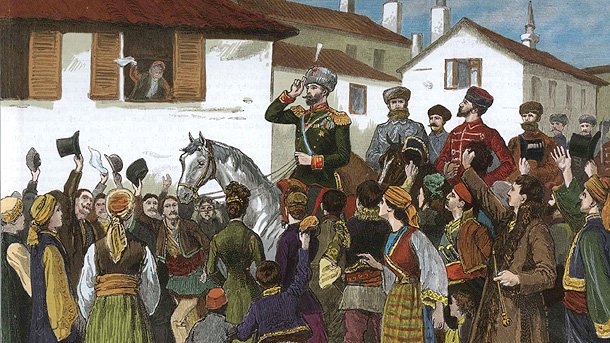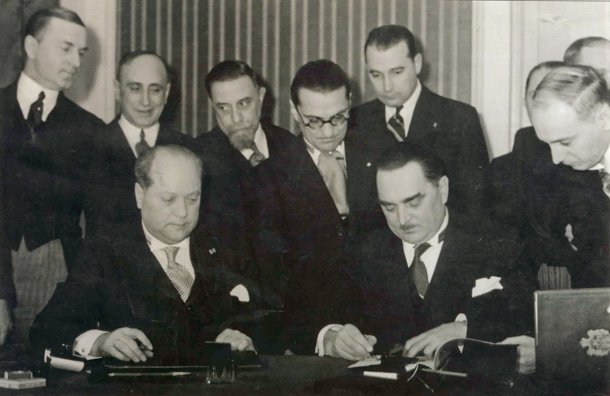


The Thracian sanctuary Begliktash, which is some 5 kilometres from Primorsko, is one of the intriguing sites in the area. There are many preserved dolmens in the area connected with the funeral rites of the Thracian tribes. As a matter of fact, these..
For the second time this year, the icon of the Blessed Virgin Mary - Golden Apple, considered miraculous for Orthodox Christians, will be exposed for worship in the town of Haskovo in Southern Bulgaria. This is announced by the Holy Metropolis of..
Two churches named after St. Nicholas stand in a courtyard in the village of Vladimirovo near the town of Montana , Northwestern Bulgaria. One is an Orthodox church and the other is a half-ruined Catholic church. The Catholic church was..
The Thracian sanctuary Begliktash, which is some 5 kilometres from Primorsko, is one of the intriguing sites in the area. There are many preserved..
For the second time this year, the icon of the Blessed Virgin Mary - Golden Apple, considered miraculous for Orthodox Christians, will be exposed for..

+359 2 9336 661
